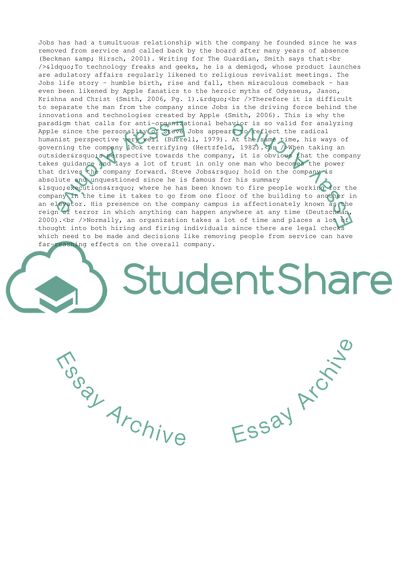Cite this document
(Skills and Qualities of an Effective Manager Report, n.d.)
Skills and Qualities of an Effective Manager Report. https://studentshare.org/management/1705466-introduction-to-management
Skills and Qualities of an Effective Manager Report. https://studentshare.org/management/1705466-introduction-to-management
(Skills and Qualities of an Effective Manager Report)
Skills and Qualities of an Effective Manager Report. https://studentshare.org/management/1705466-introduction-to-management.
Skills and Qualities of an Effective Manager Report. https://studentshare.org/management/1705466-introduction-to-management.
“Skills and Qualities of an Effective Manager Report”. https://studentshare.org/management/1705466-introduction-to-management.


